2025 PS Short Course at GSAOpen Science, Collaboration, and Reproducibility in PaleontologySince the development of large paleontological datasets from the 1970s onwards, paleontologists have increasingly adopted computational approaches to address questions about the history of life on Earth. This initiated a “Golden Age” of paleontology, where extensive datasets of various formats are used to test macroevolutionary and macroecological hypotheses. In parallel, the broader scientific community has been pushing for science to become more transparent, equitable, collaborative, and reproducible under the umbrella of “Open Science”. This culminated in 2023 being designated as the “Year of Open Science” by the White House Office of Science and Technology Policy. This short course will bridge these two movements to introduce the tenets of Open Science and how they can be incorporated into existing and future paleontological research workflows. First, we will provide an introduction to collaboration, version control, and data storage via services including Git, GitHub, Zenodo, and FigShare. We will then build upon this foundation by exploring the R programming language. R is one of the most popular languages in the world of data science and has been widely adopted by the paleontological community to clean, analyze, and plot data. General familiarity with R allows users to expand the potential of their research and automate routine tasks. We will introduce a suite of R packages that have been designed to standardize and streamline various parts of paleontological workflows (e.g., data cleaning). As part of this, we will briefly introduce existing paleontological databases (e.g., Paleobiology Database) and how they can be accessed from within the R framework. Finally, we will discuss the use of visualizations and how they can be efficiently and effectively developed to increase the transparency and equitability of paleontological research. This short course will provide a great opportunity for attendees to work with different researchers and gain experience working collaboratively in R to generate reproducible research. Further, we hope that this short course will bring the community together to share resources, reach agreed standards, and improve reproducibility in paleontological research. We anticipate this short course will be of value to paleontologists of all career stages. Date: Saturday, October 18, 2025 Registration for GSA Connects 2025 is NOT required to attend the short course. Short course is FREE! Short Course Organized by Palaeoverse: William Gearty (he/him) Erin Dillon (she/her) Mark Nikolic (he/him) Schedule/Talk Details: The following schedule is subject to change… 8:00 AM - 8:30 AM – Welcome and introduction Speaker Information: 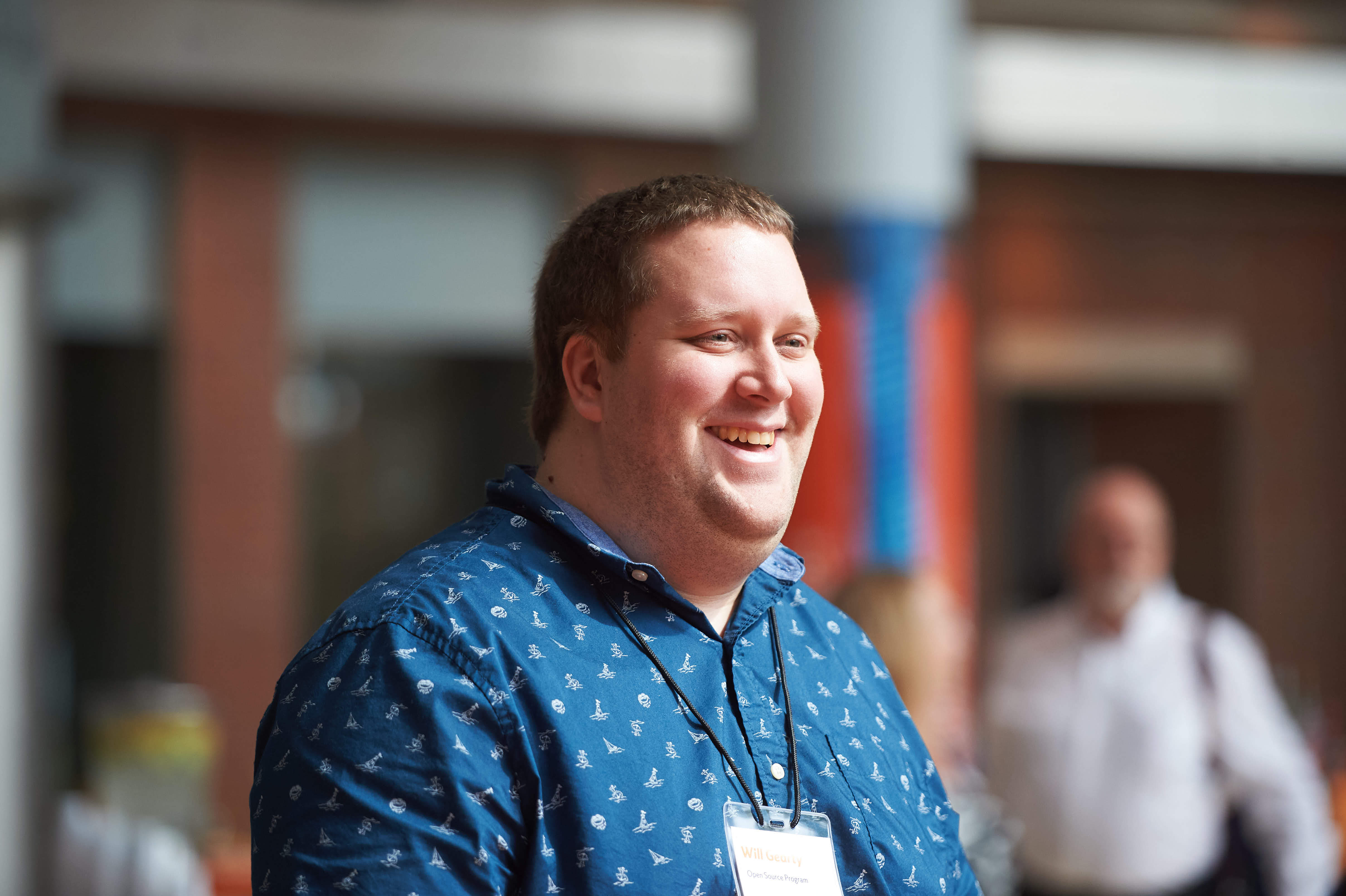 William Gearty (he/him) William Gearty (he/him) Postdoctoral Researcher
Open Source Program Office Will Gearty is a postdoctoral researcher at Syracuse University where he promotes, teaches, and practices open science and open-source software development practices. His research focuses on integrating paleontological and neontological data with advanced computational tools to better understand the biotic and abiotic constraints and drivers of taxonomic and functional diversity across space and time. As part of this, he develops open-source R packages revolving around data acquisition, cleaning, and visualization.
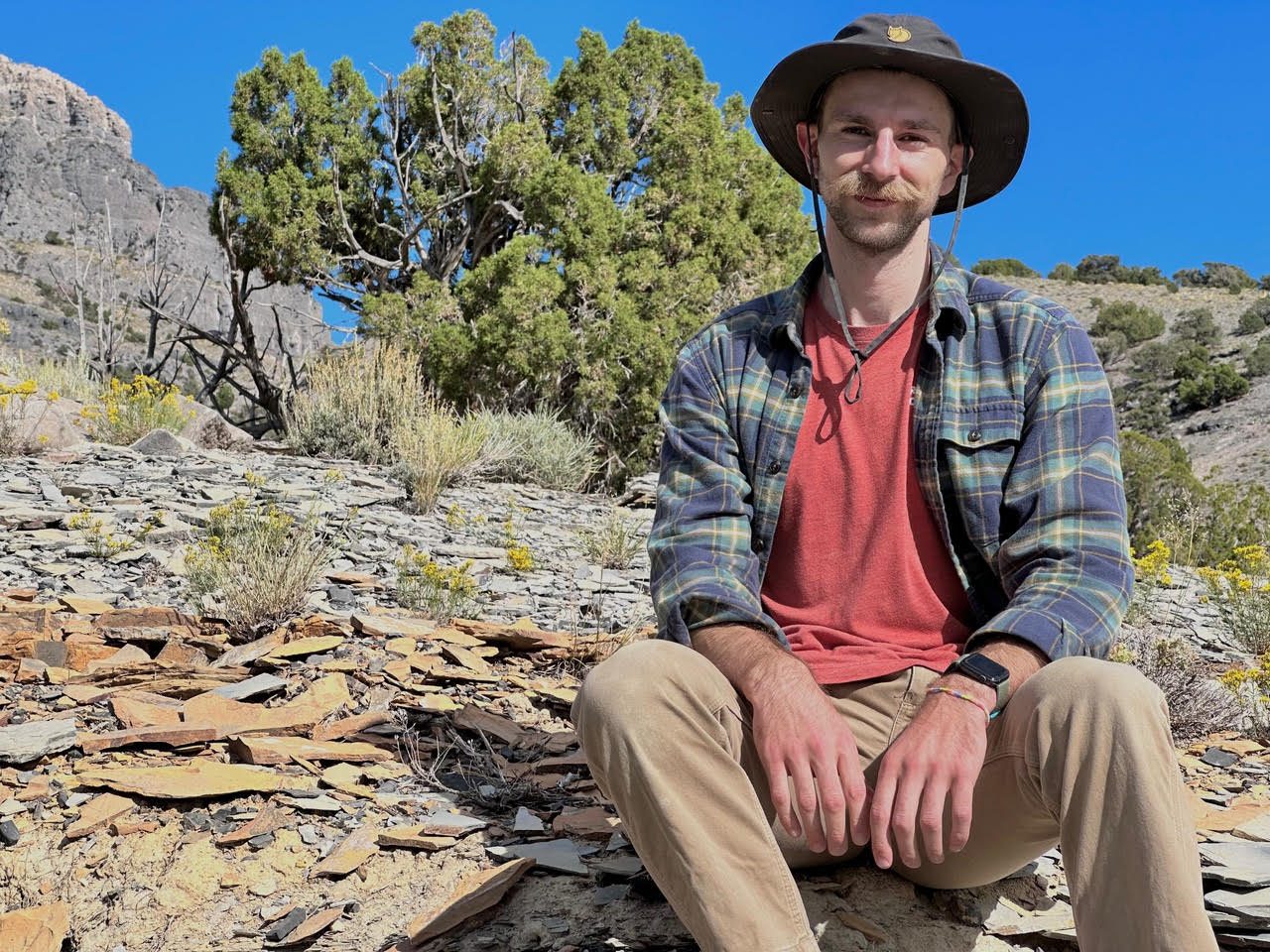
Mark Nikolic (he/him) Mark Nikolic is a postdoc in the Department of Earth and Planetary Sciences at Stanford University where he uses large datasets to investigate macroevolutionary trends in the fossil record of marine animals. He’s also a big trilobite guy.
Broc Kokesh is a postdoctoral fellow in the Department of Integrative Biology at the University of California, Berkeley. His research focuses on the taphonomic and ecological dynamics of marine invertebrate shelly remains (‘death assemblages’) and their applications in conservation paleobiology. His interest in open and collaborative paleontology are founded in partnerships with public biomonitoring agencies and bridging the divides between academic and applied science.
Pedro Monarrez is an Assistant Professor of Paleobiology in the Department of Geosciences at Virginia Tech. Pedro is interested in the macroevolutionary drivers of marine organisms and their relationship to their environment over geologic time across all scales, with particular emphasis on understanding the fossil record within the structure of the stratigraphic record. Pedro is also involved in various efforts within paleontology and the geosciences focused on understanding how the history of these disciplines has shaped them into what they are today. PS Code of Conduct |



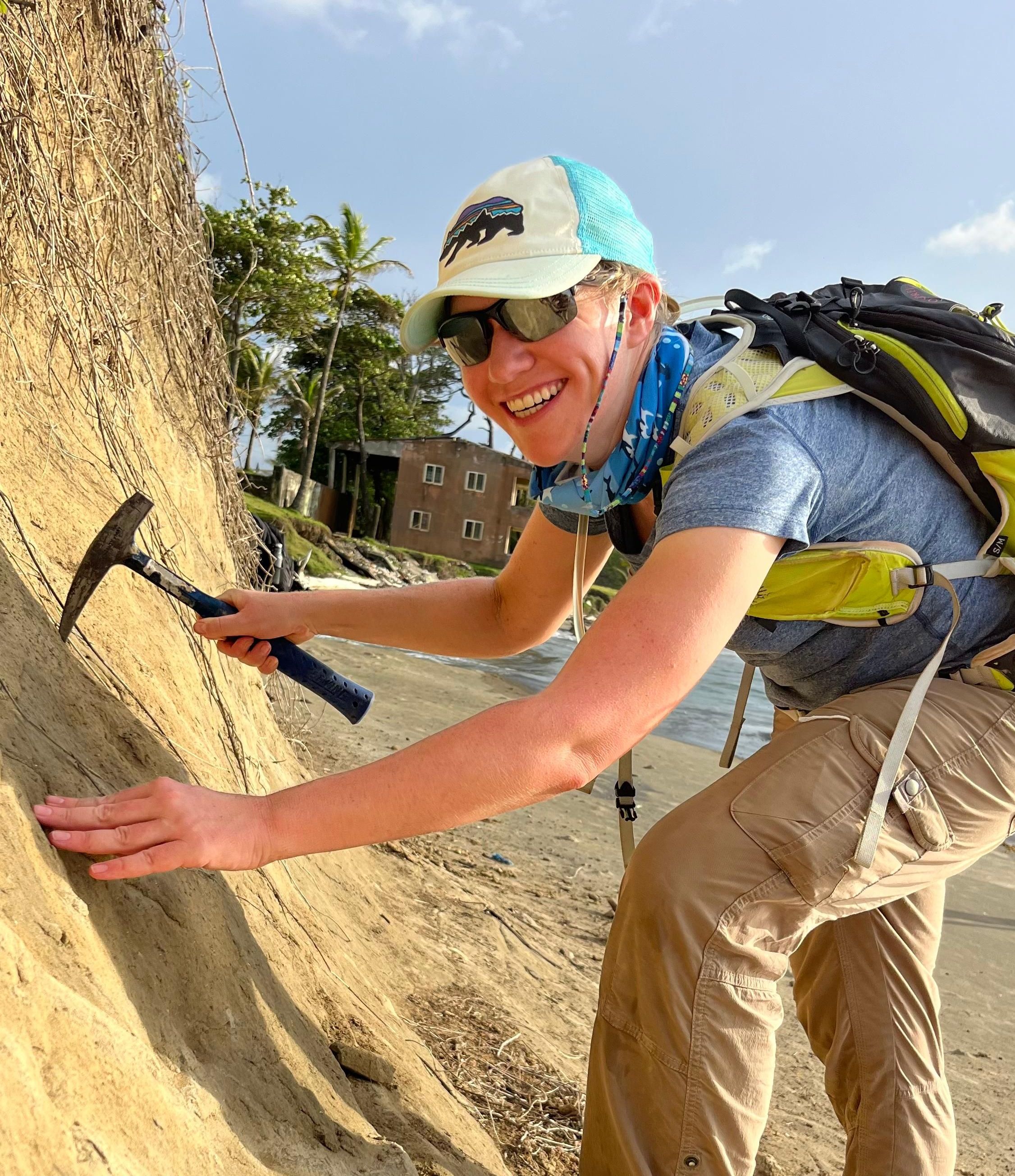 Erin Dillon (she/her)
Erin Dillon (she/her)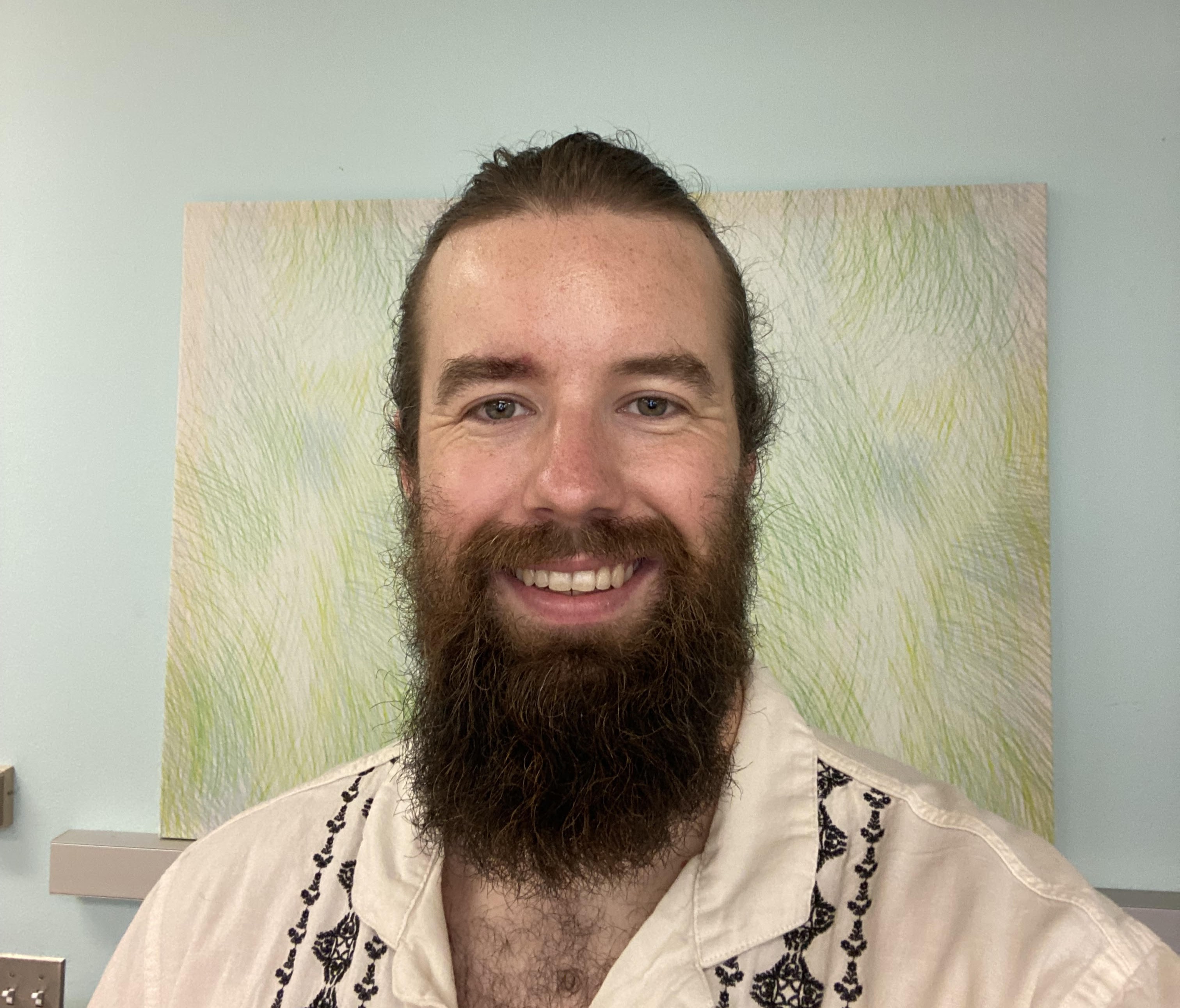 Broc Kokesh (he/him)
Broc Kokesh (he/him)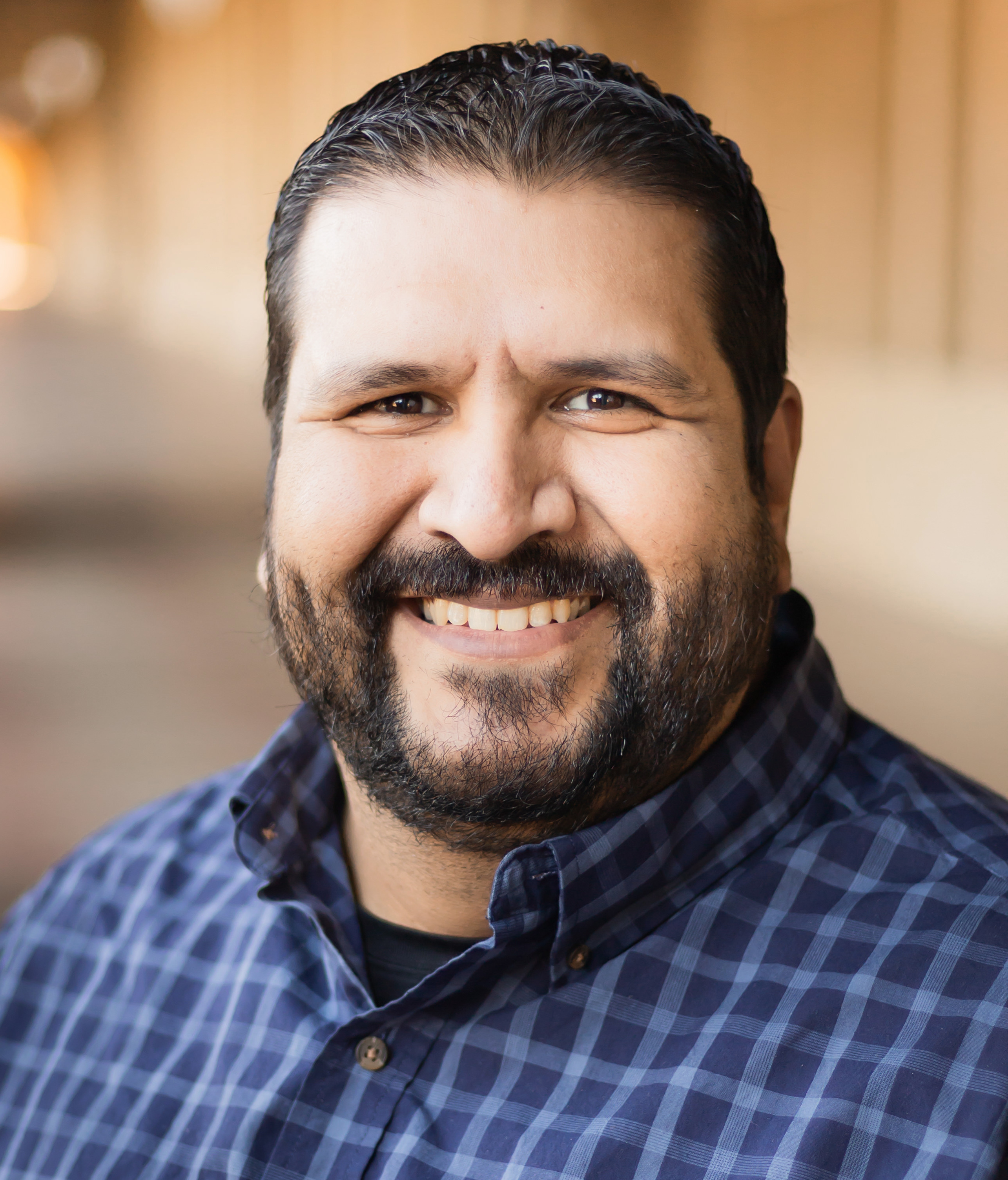 Pedro M. Monarrez (he/him/él)
Pedro M. Monarrez (he/him/él)